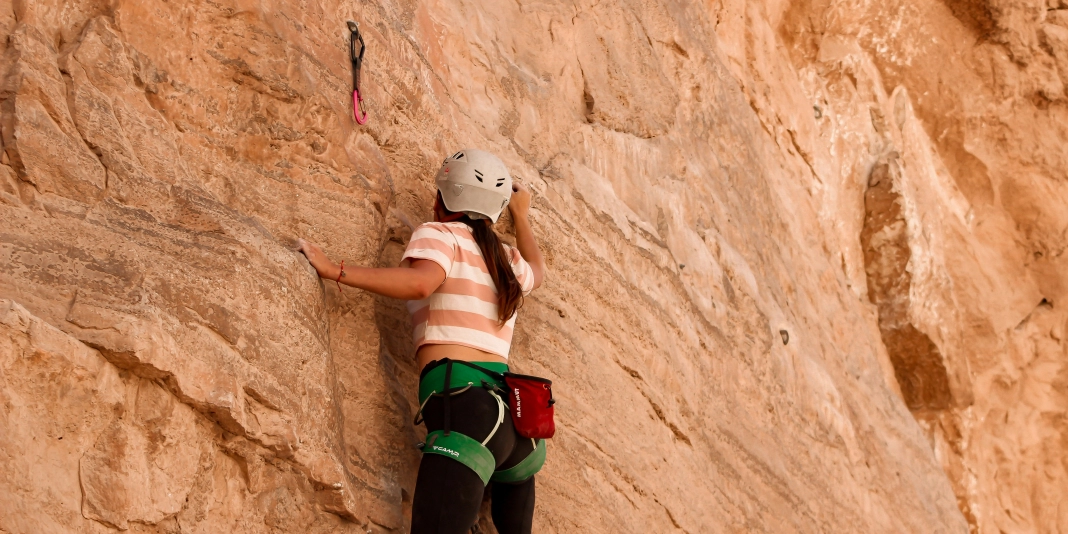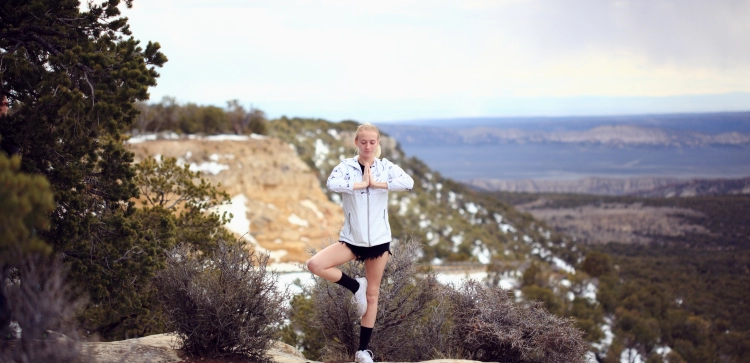What's The Role Of Mental Resilience In Overcoming Challenges?

Mental resilience is a cornerstone in the realm of climbing, playing a pivotal role in the ability to overcome challenges and adversities on the rock. In this exploration, we delve into the multifaceted aspects of mental resilience, its significance in climbing, and practical strategies to cultivate and harness it in the face of diverse challenges.
- Understanding Mental Resilience
- The Role Of Mental Resilience In Climbing Challenges
- Strategies For Cultivating Mental Resilience
- Mindfulness And Present-Moment Awareness
- Goal Setting And Incremental Progress
- Positive Self-Talk And Affirmations
- Visualization Techniques
- Common Questions On Mental Resilience In Climbing
- How Can Climbers Overcome Fear Of Falling?
- Can Mental Resilience Be Developed Over Time?
- How Does Mental Resilience Impact Overall Climbing Performance?
- Is Mental Resilience Equally Important For Beginners And Experienced Climbers?
- Conclusion: The Summit Within
Understanding Mental Resilience
Definition and Components
Mental resilience is the capacity to adapt, bounce back, and thrive in the face of adversity. It encompasses emotional regulation, coping mechanisms, and the ability to maintain focus and determination amidst challenges. In climbing, where uncertainty, fear, and physical demands intertwine, mental resilience becomes an indispensable asset.
Emotional Regulation in Climbing
Climbing elicits a range of emotions, from the thrill of conquering a challenging route to the fear of facing unknown terrain. Mental resilience involves navigating these emotions effectively, understanding their impact on performance, and channeling them into positive energy.
The Role of Mental Resilience in Climbing Challenges
Facing Fear and Uncertainty
Fear is an inherent part of climbing, especially when tackling heights or pushing personal limits. Mental resilience empowers climbers to acknowledge fear, understand its origins, and confront it with courage. Cultivating a resilient mindset transforms fear into a driving force rather than a hindrance.
Learning from Setbacks
In climbing, setbacks are inevitable—failed attempts, slips, or unexpected challenges. Mental resilience enables climbers to view setbacks as opportunities for growth. Rather than succumbing to discouragement, resilient climbers analyze failures, extract lessons, and approach subsequent attempts with renewed determination.
Strategies for Cultivating Mental Resilience
Mindfulness and Present-Moment Awareness
Practicing mindfulness fosters present-moment awareness, a key component of mental resilience. Climbers can enhance their ability to stay focused and composed by grounding themselves in the current climb, reducing anxiety about future challenges or past mistakes.
Goal Setting and Incremental Progress
Setting realistic goals and breaking them into manageable steps supports mental resilience. Climbers can focus on achieving smaller milestones, celebrating each success along the way. This approach fosters a positive mindset and resilience in the face of long-term objectives.
Positive Self-Talk and Affirmations
Internal dialogue profoundly influences mental resilience. Incorporating positive self-talk and affirmations counteracts self-doubt and builds confidence. Climbers can develop a repertoire of encouraging phrases to reinforce a resilient mindset during challenging climbs.
Visualization Techniques
Visualization is a powerful tool for building mental resilience. Climbers can mentally rehearse successful climbs, envision overcoming obstacles, and visualize themselves navigating challenging sections with poise. This mental rehearsal prepares the mind for actual challenges.
Common Questions on Mental Resilience in Climbing
How Can Climbers Overcome Fear of Falling?
The fear of falling is common in climbing and can hinder progress. Mental resilience strategies, such as gradual exposure to falling scenarios, positive visualization of controlled falls, and understanding climbing equipment, help climbers confront and overcome this fear.
Can Mental Resilience Be Developed Over Time?
Yes, mental resilience is a skill that can be cultivated and strengthened with practice. Consistent exposure to challenges, intentional mindset development, and incorporating resilience-building strategies contribute to its gradual development.
How Does Mental Resilience Impact Overall Climbing Performance?
Mental resilience positively impacts overall climbing performance by enhancing focus, reducing anxiety, and promoting perseverance. Climbers with strong mental resilience navigate challenges with composure, making sound decisions and optimizing their physical capabilities.
Is Mental Resilience Equally Important for Beginners and Experienced Climbers?
Yes, mental resilience is crucial for climbers of all levels. Beginners face the challenge of adapting to the physical and mental demands of climbing, while experienced climbers encounter progressively difficult routes. Mental resilience is the common thread that supports climbers at every stage of their journey.
Conclusion: The Summit Within
In the intricate dance between rock and climber, mental resilience emerges as the unsung hero. It transforms challenges into stepping stones, fear into motivation, and setbacks into opportunities for growth. As climbers cultivate and embrace mental resilience, they embark on a transformative journey—a climb not just of rock faces but of the summit within.















